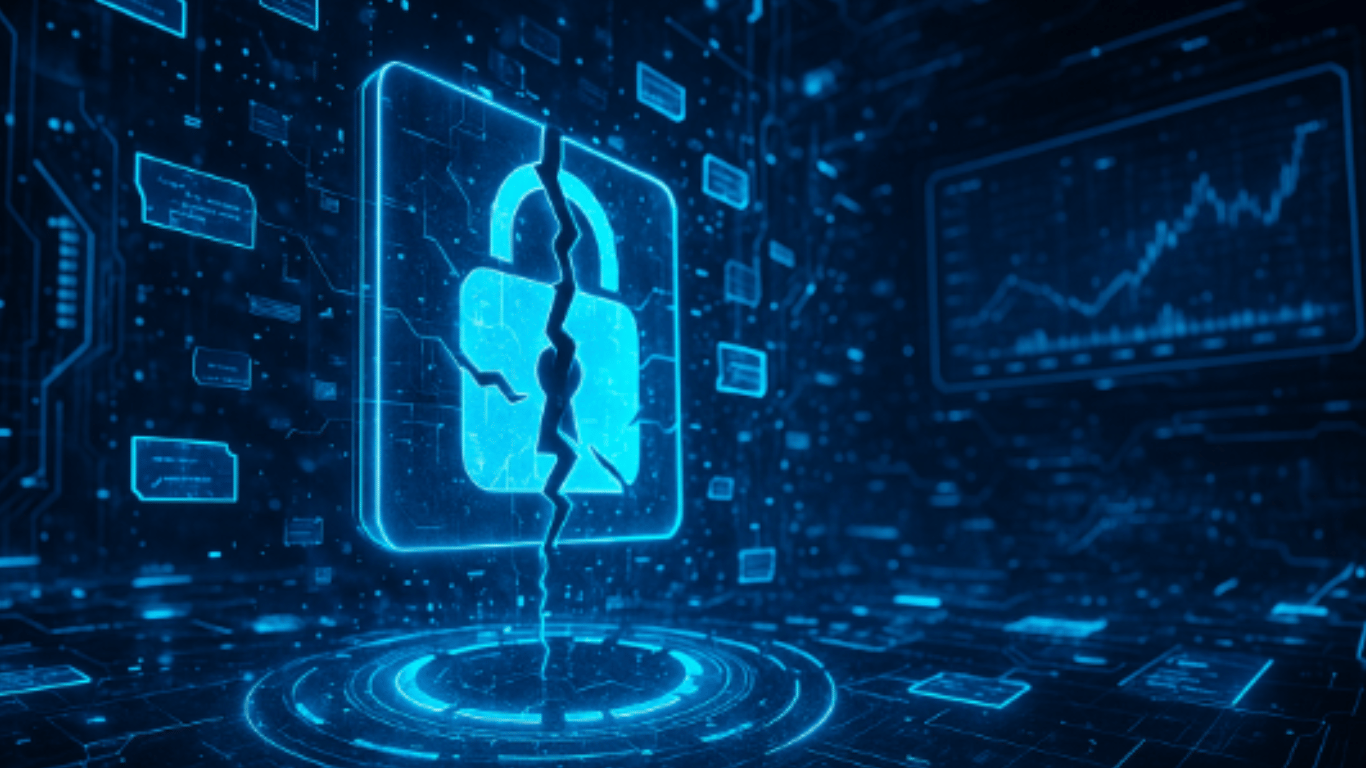Okay, I admit it. I am an avid PayPal user. Whenever I want to pay for something online, my eyes scan the checkout page directly for the PayPal button. I don't even consider other payment options. Maybe some of you feel the same way about your favorite payment method.
If you think about what all these payment methods have in common, you'll notice that until money is used for payments, it hasn't been working productively for us. It sits in our current accounts and eWallets and is literally waiting for the moment to get used for transactions.
Why isn't there a payment method where the money is actively working for us until we spend it? With the current real inflation rate of 1.25%, money is losing value every time we make a payment. Day after day. Cash-back programs are great, but hardly anyone thinks about the interest- and inflation-related cash-burn program that is embedded into our payment system.
With the 402 billion euros in card payments we Germans made in 2019 alone, we encountered a hefty loss of purchasing power of over 13 million euros, and that's every day. To sweeten it up, you could even tripple that number, if you take the inflation rate of July this year into account. I don't even want to start talking about the 2.8 trillion euros that we are hoarding in cash and deposits. True, that amount of money is a first-world problem, but a serious one, when you think about rising poverty among Germany′s elderly and increasing inequality between social classes.
That's why we at UnitPlus are developing an investment solution that enables everyone to pay directly with their ETF portfolio at over 70 million merchants offline and online. With that, the money works for us exactly until we spend it. Since on average (not every day) capital markets rise, there is a built-in cash-back program, financed by the investment itself. Furthermore, it is the first time a payment method is funded by what we call productive capital. What do I mean by that? Until further use, the money is invested in hundreds of companies that produce goods and services that we all use and consume. A difference to cryptocurrencies, where the maxims of hope, trust and speculation are increasingly in the foreground. Another advantage is that while banks may pass on customer deposits to people who may not necessarily agree with our ethical code of values, such as Deutsche Bank did with loans to the former president of the USA Donald Trump, the money is invested with UnitPlus much more transparently. It will also position itself as a substitute for credit cards and buy now, pay later checkout options, where nasty surprises can await with high overdrafts.
Admittedly, there is a capital market risk with the pay-with-portfolio payment option. However, we firmly believe that not investing at all is the much unhealthier alternative. While historically the average daily return on the capital market has been positive and thus even short investment horizons can be profitable, the times with attractive interest rates seem to be over for the foreseeable future. Once the money is invested, there is also no need to force it out of the capital market by using it for transactions. It's much more an element of freedom. Inflation doesn't care which money it is eating up, but we do.
How UnitPlus creates a new way to pay

Keeping track of all payment methods out there is hard, isn't it? Whether cash, debit, credit, prepaid, buy now - pay later, cryptocurrencies, you name it. It is very fair to wonder if the world really needs a new payment method. We at UnitPlus strongly believe so and develop with what we call pay-with-portfolio a way to pay directly with your ETF portfolio.









